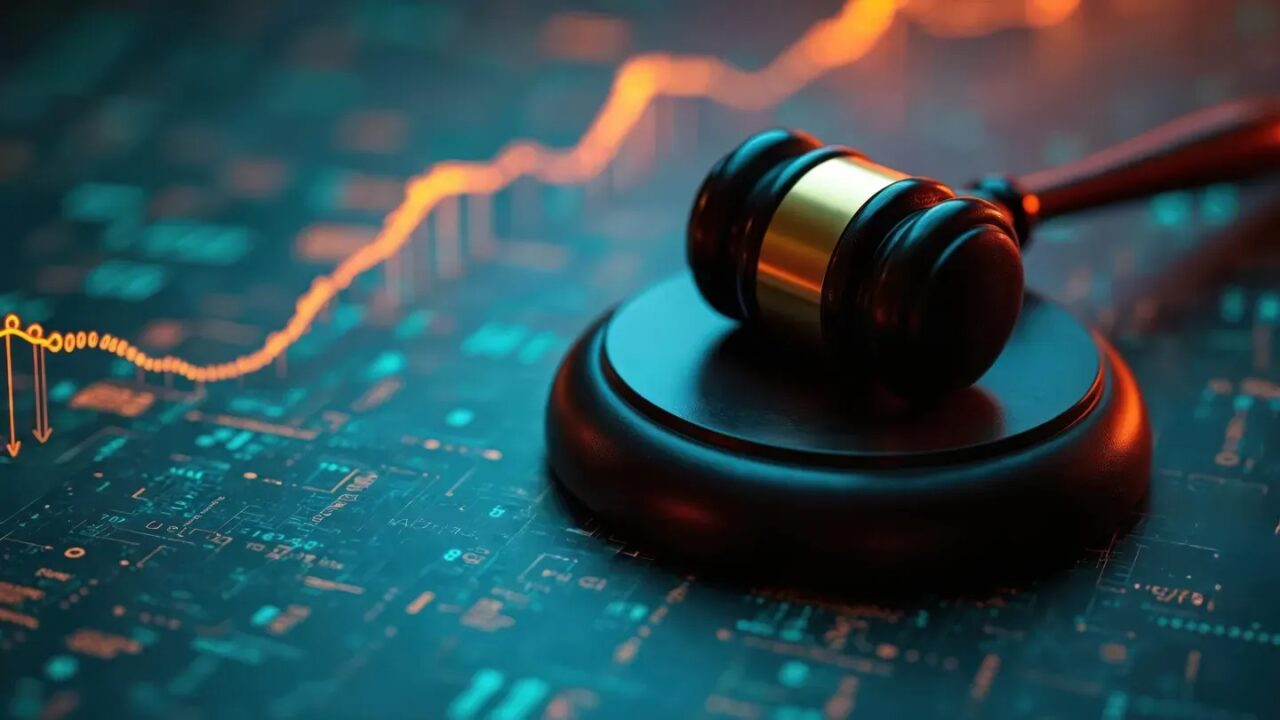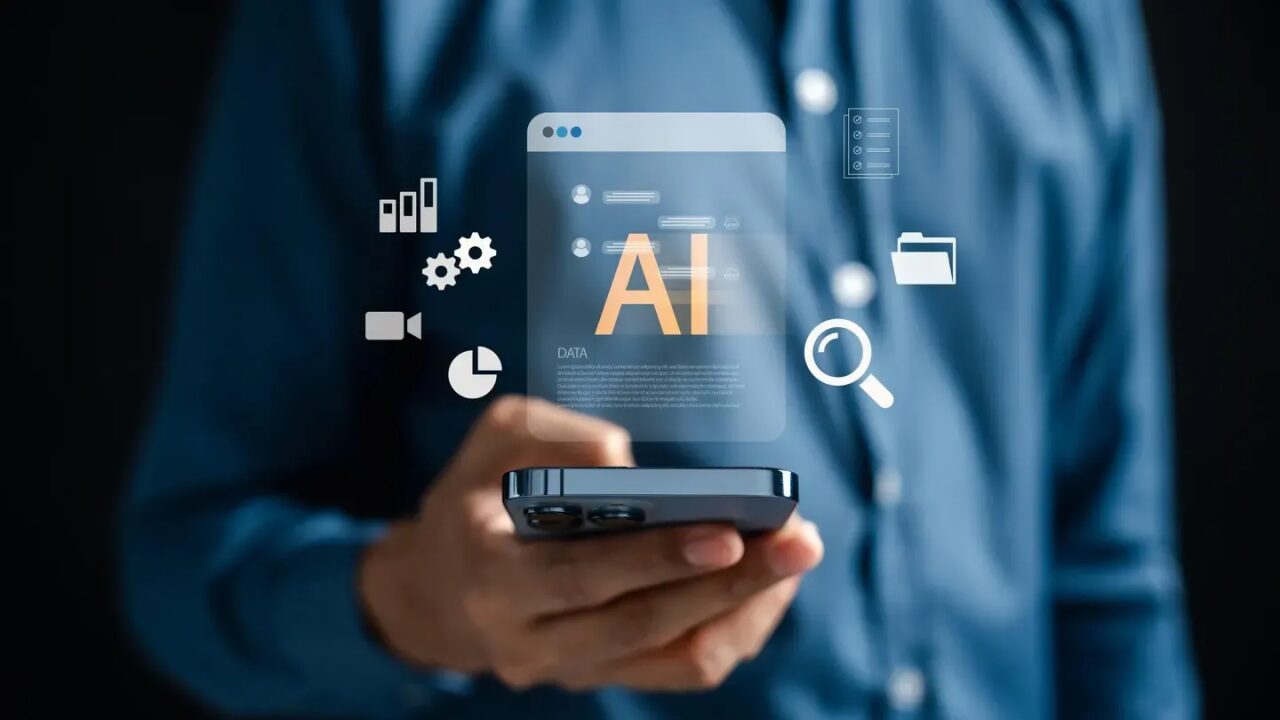Artificial Intelligence Can Now Taste – Transforming Winemaking With Tastry
28 June 2021
Up until recently, the methods wineries used to decide what to produce and what to sell have been almost entirely subjective. Without data, it was really hard to figure out how to make a great wine that would sell well in the market.
But in an extremely competitive market, where many wineries only have one shot per season to make a great wine, more and more winemakers are looking for ways to predict what consumers will like, so they can create better products and increase their profits.

Now Tastry, a sensory sciences company based in California, is using machine learning and advanced chemistry to teach artificial intelligence to “taste” – and that technology is shaking up the wine industry by providing valuable information to winemakers and retailers about the wines that customers enjoy.
I interviewed Katerina Axelsson, Founder and CEO of Tastry, about how her company uses artificial intelligence to recommend wines to consumers and advise wineries about what products to make.
Tastry’s “Tasting” Methods
Tastry’s technology decodes aroma and flavor profiles by chemically analyzing thousands of wines in their lab. Then Tastry identifies the unique consumer palate of each individual that takes a quiz in a store our on their app. Consumer palates are like fingerprints – no two are alike.
The AI then uses both of these datasets (consumer palate data and wine profiles) to predict consumer product scores with over 92% accuracy.
Their artificial intelligence technology provides science-based insights not only to consumers who feel overwhelmed in the liquor store, but also to winemakers and retailers who want to improve sales by using real data about their customers.
How Tastry Helps Consumers
Every individual has a unique taste experience. Tastry’s app, BottleBird, walks users through a quiz called a “palate survey” by asking about their personal taste and smell preferences – including questions about things like coffee, tobacco, and vinegar.
Then BottleBird uses AI and the science of your personal palate to create personalized wine recommendations. This approach makes Tastry different from apps like Vivino, which rely on historical purchase and rating data.
The app’s recommendations greatly reduce overwhelm when wine consumers are trying to select a wine in a store, restaurant, bar, or winery. Their tagline is “Never waste money on a bad bottle again.” The app even lets users find wines that rank highly for their friends, so they can give gifts that hit the mark every time.
Helping Winemakers Create Great Vintages
Tastry recognized that small and medium-sized wine producers were struggling to get noticed in the crowded wine market, especially companies that had smaller marketing budgets.
Tastry’s mission is to help winemakers save money on production and move more of their products by providing wine chemistry data that helps them adjust their wines to match customer tastes. Now they also provide sales teams with information that can help them make better targeting and distribution decisions.
With the BottleBird app, wineries also gain exposure and connect with brand new customers across a variety of generations and lifestyles. Because BottleBird users are also 45% happier with their wine purchase when they use the app, customer satisfaction scores for wineries can also skyrocket when they engage with Tastry.
One of Tastry’s customers, Alexandre Remy of Atlas Wine, says:
“Tastry helps me use real data to make decisions at Atlas. They bring not only AI, but their advanced lab methods allow me to match up consumer data with my operations. It’s like a compass pointing me in the right direction. Tastry builds a bridge between the winery’s goals and the consumer’s needs.”
Business Insights for Retailers
Wine retailers can also benefit from Tastry’s AI-powered business insights. Tastry can improve wine aisle sales by:
- Providing shoppers with localized, personalized recommendations in in-store kiosks, smart shelf labels, shopping apps, and e-commerce sites.
- Helping retailers optimize their product mix with real-time inventory performance dashboards
- Improving customer satisfaction and increasing the number of return customers a retailer gets
- Reducing shopper overwhelm by demystifying the wine shopping experience and helping customers find “perfect fit” wines in seconds
Tastry reports that their insights can lead to a 20% increase in gross sales for wine retailers.
The Enormous Possibilities of AI Tasting
By teaching artificial intelligence to “taste,” Tastry’s model takes subjectivity out of the equation for consumers who want to stop wasting money on bottles of wine they don’t like, as well as wineries and retailers who want to increase sales by understanding what consumers want.
Katerina Axelsson shared that Tastry already has proven efficacy not just for wines, but also for products like fragrances, beer, spirits, and coffee. They’ve even done some work with hot sauce companies. When I asked her about Tastry’s future plans, Axelsson said,
“Hyper-personalization is becoming very important. There are just too many products and too many options for things now, and people are experiencing the paradox of choice in almost everything they buy. People will expect personalization, which we call singularization, and they’ll expect those recommendations to be accurate.”
Companies that use business insights from companies like Tastry will also gain a huge competitive advantage in the marketplace as time goes on.
View the entire interview with Katerina Axelsson, Founder and CEO of Tastry:
Related Articles
7 Legal Tech Trends That Will Reshape Every Business in 2026
By now, “smart” versions exist of just about every home appliance, gadget and gizmos we can think of. However, manufacturers continue[...]
8 Skills You Need To Manage The New AI Agent Workforce
By now, “smart” versions exist of just about every home appliance, gadget and gizmos we can think of. However, manufacturers continue[...]
Should AI Have Free Speech?
By now, “smart” versions exist of just about every home appliance, gadget and gizmos we can think of. However, manufacturers continue[...]
5 Amazing AI Agent Use Cases That Will Transform Any Business In 2026
By now, “smart” versions exist of just about every home appliance, gadget and gizmos we can think of. However, manufacturers continue[...]
8 Smartphone Trends That Will Shape 2026
By now, “smart” versions exist of just about every home appliance, gadget and gizmos we can think of. However, manufacturers continue[...]
7 Media Trends That Will Redefine Entertainment In 2026
By now, “smart” versions exist of just about every home appliance, gadget and gizmos we can think of. However, manufacturers continue[...]
Sign up to Stay in Touch!
Bernard Marr is a world-renowned futurist, influencer and thought leader in the fields of business and technology, with a passion for using technology for the good of humanity.
He is a best-selling author of over 20 books, writes a regular column for Forbes and advises and coaches many of the world’s best-known organisations.
He has a combined following of 4 million people across his social media channels and newsletters and was ranked by LinkedIn as one of the top 5 business influencers in the world.
Bernard’s latest book is ‘Generative AI in Practice’.










Social Media